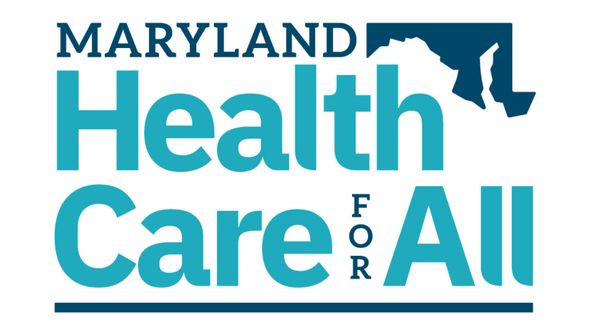Baltimore Sun
Erin Cox
September 8, 2016
A coalition of Maryland health care advocates want to require drug companies to explain why medications cost so much and to empower the state’s attorney general to investigate pharmaceutical companies for allegations of price gouging.
The Maryland Citizens’ Health Initiative announced Thursday they will seek legislation next year that would force drug companies to reveal how they set prices for generic and specialty medications. This year, 10 other states have considered similar legislation. Only Vermont adopted it.
The group also released a poll by Annapolis-based OpinionWorks that said three-quarters of the Maryland voters they surveyed are concerned about rising drug costs. The poll also found more than 80 percent supported making drug companies explain their pricing, as well as notify the public before price increases. Most respondents said they would be willing to cross party lines in order to support a candidate who backed transparency in drug pricing.
“It’s a palpable, emotional issue for people,” said Steve Raabe, president of OpinionWorks.
The effort comes the same week a Senate panel launched a preliminary investigation into the skyrocketing cost of EpiPens, the emergency allergy treatment in widespread use. The cost of a two-pack of EpiPens surged to more than $600 this year, several hundred dollars more than just a few years ago.
Vincent DeMarco, president of the coalition, declined to say who would sponsor the legislation his group is pressing. In the past, his group has successfully persuaded the legislature to increase the taxes on tobacco and alcohol to help pay for health programs. In recent years, however, efforts to further increase cigarette taxes have stalled.
The proposal would require pharmaceutical companies in Maryland to reveal the costs that go into a drug, and notify the public before price increases of 10 percent or more.
DeMarco called his group’s proposals, “good policy and good politics.”
Although many policy experts support finding ways to reduce prescription drug costs, they disagree on whether this approach would be a panacea.
In a June essay published in the New England Journal of Medicine, Dr. Ameet Sarpatwari and his co-authors wrote that there are hurdles to the effectiveness of making drug companies publicly disclose how the come up with their prices.
“First, giving fair consideration to ‘sunk costs’ that went into researching other products that did not make it to market is no easy task,” they wrote. “Would companies be allowed to recoup the costs of a failed drug for Alzheimer’s disease by raising the price of a new drug for diabetes? Should states or private-sector payers have the right to make such resource-allocation decisions?”
Last modified: September 13, 2016



